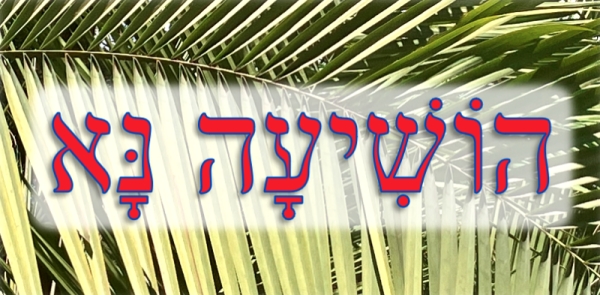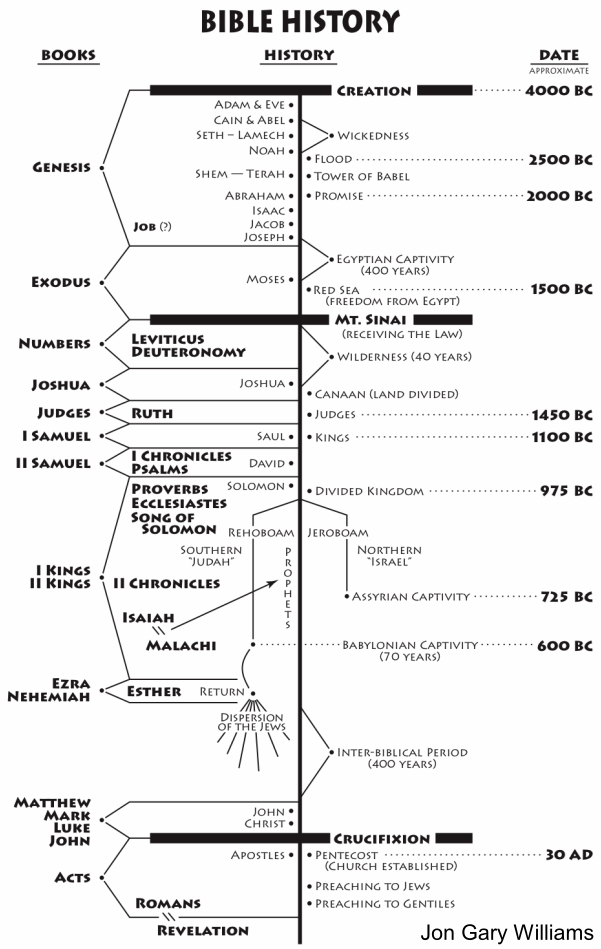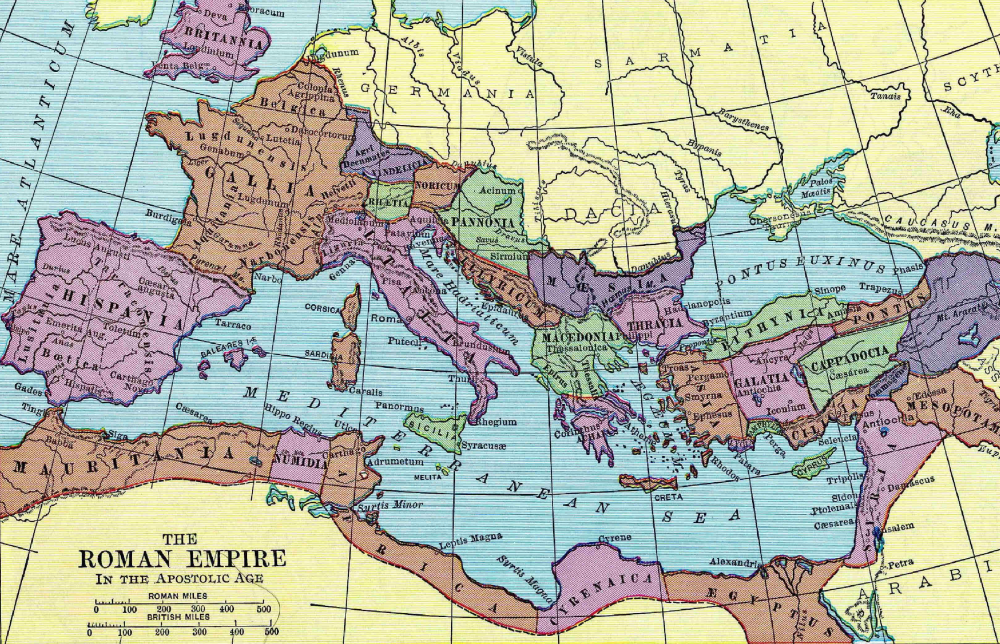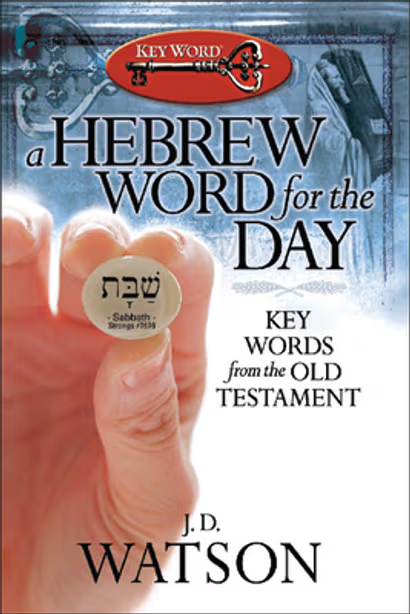SOZO - Now What?
April 13, 2025Pastor Travis Deatherage presented today's message, "SOZO - Now What?" A video of today's message is here on YouTube.
 Since we didn't make it to church this past Sunday morning, we walked into Monday night's Life Group cold, unfamiliar with the message the day before. Our leader started out by explaining what Hosanna means and from where it comes. I had never thought about that?! Turns out, the cry of Hosanna comes from the Hebrew "Hoshia Na" (נָּא הוֹשִׁיעָה) which means "save, please" (na is the "please" part [from an-na] and can also mean pray or beseech; it's used over 400 times in the OT). See Psalm 118:25, "Lord, save us! Lord, grant us success!" In the New Testament, it developed into a word of praise and jubilation as well. It became a "special honor to the one who saves." For the Jewish community, the phrase is most often used during the Festival of Booths (Sukkot, a harvest festival and a celebration of the Exodus), especially during the festival's last day, Hoshana Rabbah (Great Hoshana).
Since we didn't make it to church this past Sunday morning, we walked into Monday night's Life Group cold, unfamiliar with the message the day before. Our leader started out by explaining what Hosanna means and from where it comes. I had never thought about that?! Turns out, the cry of Hosanna comes from the Hebrew "Hoshia Na" (נָּא הוֹשִׁיעָה) which means "save, please" (na is the "please" part [from an-na] and can also mean pray or beseech; it's used over 400 times in the OT). See Psalm 118:25, "Lord, save us! Lord, grant us success!" In the New Testament, it developed into a word of praise and jubilation as well. It became a "special honor to the one who saves." For the Jewish community, the phrase is most often used during the Festival of Booths (Sukkot, a harvest festival and a celebration of the Exodus), especially during the festival's last day, Hoshana Rabbah (Great Hoshana).Travis' message was, put simply: now that you're sozo'd, praise Him and pass it on. Once sozo is in you, it should continue through you to others. I love the phrase "Sozo'd - now what?" So that you can share that Jesus-provided wholeness with others. This is exactly parallel to what the Israelites were to do. They were chosen not because they were big in number or even a particularly good or noteworthy people. They were chosen for a mission, to carry into the world the message of ethical monotheism, the message of the God of Creation. The Torah is, in essence, this message: 1. who God is and 2. what He wants of us.
Another way to ask, "what's next?" is to ask, "why?" or "what for?", particularly when faced with something you don't feel inclined to do. When kids ask "why?" they often mean "I don't want to." Our family is going to have a Passover Seder this week (on Good Friday; the Jewish Seder would have been this past Saturday). One of the key messages of the Seder is that children should ask questions, including "why?". That's how they learn. The first questions of children at the Seder have to do with "why?" One is "why is tonight different from any other night?" The answers have to do with what we are remembering (celebrating, the Exodus), the value of freedom, and for that we should be grateful. The Seder also makes it clear that there are different kinds of kids with different ways of asking questions. This is good to remember when giving testimony - there are different kinds of people that absorb thoughts differently. Each of the "Four Sons" questions needs to be answered in light of who each son is: wise, wicked, simple, and one who doesn't know how to ask. Here's a question for our Seder participants to ponder: why is there no "good" son noted? We should remember that it's AOK to have our own ways of sharing the message. One of the many Torah answers to "now what?" is "teach it to your children."
Once sozo'd, you are now, or should be, a representative of/for Jesus. The Israelites were likewise cautioned to behave in such a manner as to represent God appropriately to the other nations (the goyim). This notion of being a representative of God was not lost on the Torah. If you're trying to carry a message to the world, you better care what the other people think of your behavior. One of my favorite stories in the Torah is Moses talking God out of destroying the Israelites (yes, God was that upset with them) by asking God, "what would the goyim think?!" (Numbers 14:13-16). This is also why the Commandment not to carry the Lord's name in vain is the only unforgiveable sin of the Ten Commandments. The Torah's view of the "worst" sins are those that denigrate God's reputation. Put positively, promote God through praise and testimony. And remember, whenever you're with or around others, you give testimony by your behavior as much as by your speech; maybe even more so.
One last thought regarding SOZO in this season of Passover... Consider Exodus 6:6-7, "Therefore, say to the Israelites: 'I am the Lord, and I will bring you out from under the yoke of the Egyptians. I will free you from being slaves to them, and I will redeem you with an outstretched arm and with mighty acts of judgment. I will take you as my own people, and I will be your God. Then you will know that I am the Lord your God, who brought you out from under the yoke of the Egyptians.'" It strikes me that this maps well with the SOZO four: saved, freed, healed, whole.
Bonus
Biblical History Summary up to Holy Week
 Here's a 30,000-foot view of Biblical history from the beginning to Holy Week:
Here's a 30,000-foot view of Biblical history from the beginning to Holy Week:Creation
Garden of Eden
The Flood
Scattering of the People (Babel)
Abraham / Isaac / Jacob
400 Years of Silence
Joseph
The Exodus
Mt. Sinai / The Ten Commandments
The Israelites in the Wilderness
Conquering Canaan
The Judges
The United Kingdom
The Divided Kingdoms
The Destruction of Israel and Judah
Babylonian Captivity
Remnant of Judah
400 Years of Silence
The Birth of Christ
Jesus' Ministry
Holy Week
The span from Adam to the beginning of the New Testament is about 4,000 years. Abraham is roughly at the center point of that span.
Here's a slick, more detailed, timeline.
Bonus2
Ancient Christianity (a free Hillsdale College Course)
Having watched lessons 1 and 2 (of 11), I'm hooked. Here's part of what I have learned so far. Christianity arose from three pillars, you might say: Judaism, Greek language, and Roman rule.
1. The story of Israel is a singular story of ancient times. There is none like it. Gods were everywhere, and everyone had their own. Out of that world came this story of a singular God who said, "(1) I will be your God, and (2) you will be my people, and (3) this will be a blessing to all people." That last part, a blessing to ALL people, would have shocked Israel's neighbors.
2. Greek philosophy and the Greek language became the language of the New Testament. The early Christians used both the language and the philosophies of Plato, Aristotle, etc. to explain what Christianity is all about. And it was very hard to explain. For instance, how do you explain "3 in 1" and a god becoming human, as a baby!? One of the results of this Greek/Hebrew "merger" is the Septuagint, the Greek translation of the Old Testament (3rd-2nd Centuries BC).
3. The third big key-to-success for the first Christians was the Roman Empire. By apostolic times, it had unified most of the known world under what amounted to "one government." This meant, among other things, that people could travel relatively unimpeded throughout "the world" - to spread the Gospel, for instance.
Each of the 11 lessons ranges in length from about 20 to 40 minutes or so. The entire course is available free online at Hillsdale College: Ancient Christianity.

Credit: richesofgrace.com/PAULS-JOURNEYS/MAPS.htm
Bonus3
A Hebrew Word for the Day
 I stumbled onto a fun book at Focus on the Family the other day: A Hebrew Word for the Day. If you've followed this website for any length of time, you've no doubt picked up on my interest in the real or deeper meanings of Hebrew words from the Old Testament and how that might provide new insights to scriptural passages. For me, this usually starts with a given verse or set of verses and looking at the words within those.
I stumbled onto a fun book at Focus on the Family the other day: A Hebrew Word for the Day. If you've followed this website for any length of time, you've no doubt picked up on my interest in the real or deeper meanings of Hebrew words from the Old Testament and how that might provide new insights to scriptural passages. For me, this usually starts with a given verse or set of verses and looking at the words within those.This book allows you to take a different tack. Pick a word (or let the book pick one for you) and see where it leads. It's an easy 1-page per word.
Well, almost 1-page per word. Turns out when I checked today's word (April 13), it's actually the second day/page of looking at ahab (אָהַב), love. The discussion pointed out that the key to understanding love is that it's a relationship, and the key to that is the object. What/Whom is it that one is loving? The book offers two examples: God loves His people (Deuteronomy 7:7), and we love our God (Deuteronomy 6:5 and Matthew 22:37-38). The book points out that Deuteronomy spends much time on our love of God. It suggests that one read and reflect upon these verses: 4:29, 10:12, 11:13, 13:4, 26:16, 30:2, and chapters 6 and 10.